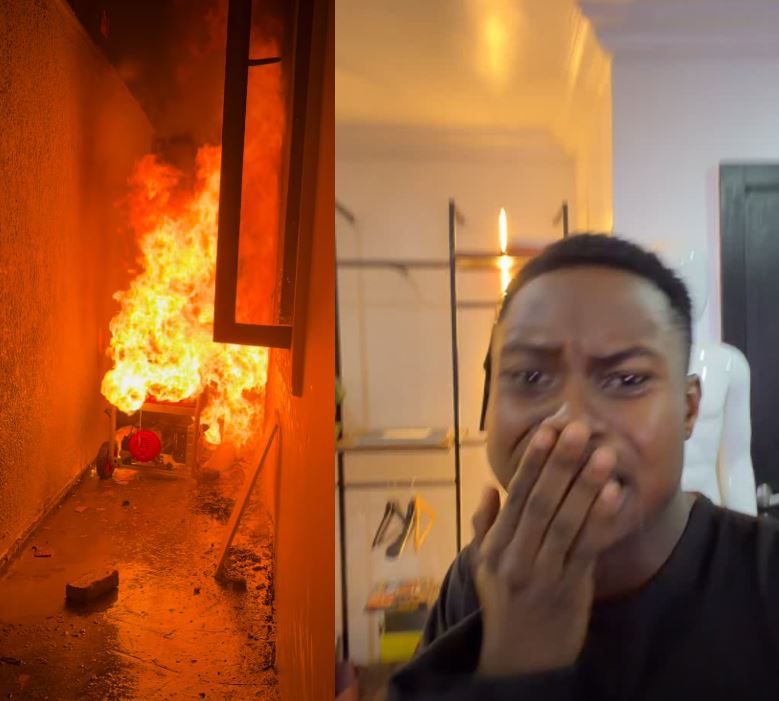Cynthia recounts her story: “I had problems back in Nigeria, family problems.” Cynthia says. “My aunties, well, a woman I was so close to in my village I called her auntie, said her brother ran a pharmacy in Italy and he needed a girl to help him there.”
“Straight away I asked her if it was prostitution,” she remembers, “but she took me in like her own daughter, and we were so close, so when she said if it was prostitution, I wouldn’t let you go, I believed her.”She was lying. When I got to Libya, the boga –a man– told me I wouldn’t be working in a pharmacy, but that I was going to be a prostitute.” Cynthia says. “I cried all through the night, but I could not go back, I could only move forward to Italy.”
“When I arrived on 25 June, 2016, they transferred me to [a hotspot in] Trappani for a week, then to a camp in Reggio Calabria. There a woman gave me a telephone to call my auntie.” She says. “I said, ‘I’m here.’ And then that phone that I used was ringing all the time, a woman was calling to arrange for a man to come and get me out of the camp.”
“One day, a man came to get me. We waited in a supermarket, and another man came who drove me somewhere in Sicily. I don’t know where it was, but when we got there, they took me to the woman I spoke to on the phone. She gave me a bed, and in the morning she woke me up and said she works with my auntie, and that now I was her prostitute.”
“I argued and fought with her all day until the night. Then she took me into her bedroom and she cut my wrist and collected my blood. She took pieces of my hair, and took my menstruation pad and put it all into a bag. She said if I go away from her, she will take my blood to Nigeria and use Juju to poison my blood.”
“The next day, we took a train to Calabria, and the woman gave me the things I need to work – panties, a bra, and condoms,” Cynthia remembers, “She told me I owed her €30,000 for the trip and I was going to work to pay it off. I told her the trip wasn’t that much, but she said ’That’s not my concern and if I ran to the police they would deport me.”
“I was scared of her, of the police, of everything, so I agree,” she says.
“I saw the man who took me from the camp again, and he took me to the place I would be working. We called it Lentini, and was a road between that town and Catania. It was just a road in the bush, with so many girls working on it.”
“He said I needed to change my clothes and into the underwear they gave me, and if a car came, I had to take the driver into the bush for sex.” Cynthia says. “In the bushes and on the small roads there were beds, he said.”
“I worked from morning until the nighttime. I can’t remember how many men I was with, but it was a lot. When I got back to the house I was crying and I told the madam I wanted to call my parents, but she said no and demanded the money I had made.”
“I did the same thing every day in June, July, August, September, and October. In October, in the early morning, the police came to the door and knocked and shouted ‘Open up!’ The madam was running everywhere and she locked me and some other girls in the bedroom. I hid in the bath, and the police took the other girls and the madam.”
“Eventually I followed them to the police though, because I spoke to one of the girls and she said it was okay.”
Cynthia was transferred to the safe house for women who are victims of sex trafficking where she awaits her paperwork to be processed.
“I’m hoping that the government helps me with my documents, and that I can find a job. That’s my only way out of this. I’ll be okay and earning money and sending it home to my family. I would finally be happy because my family would be happy.”
Courtesy: UNICEF





















